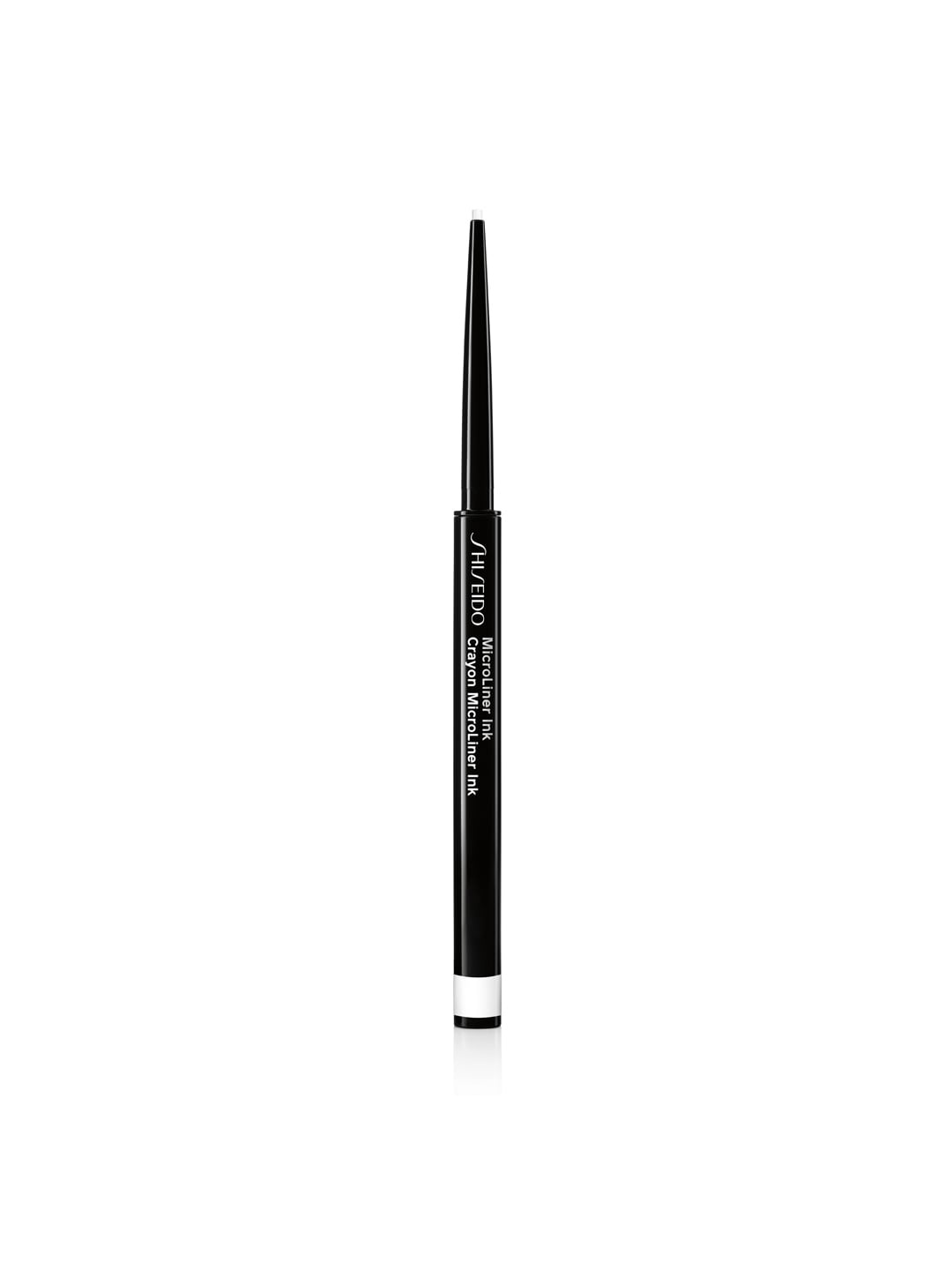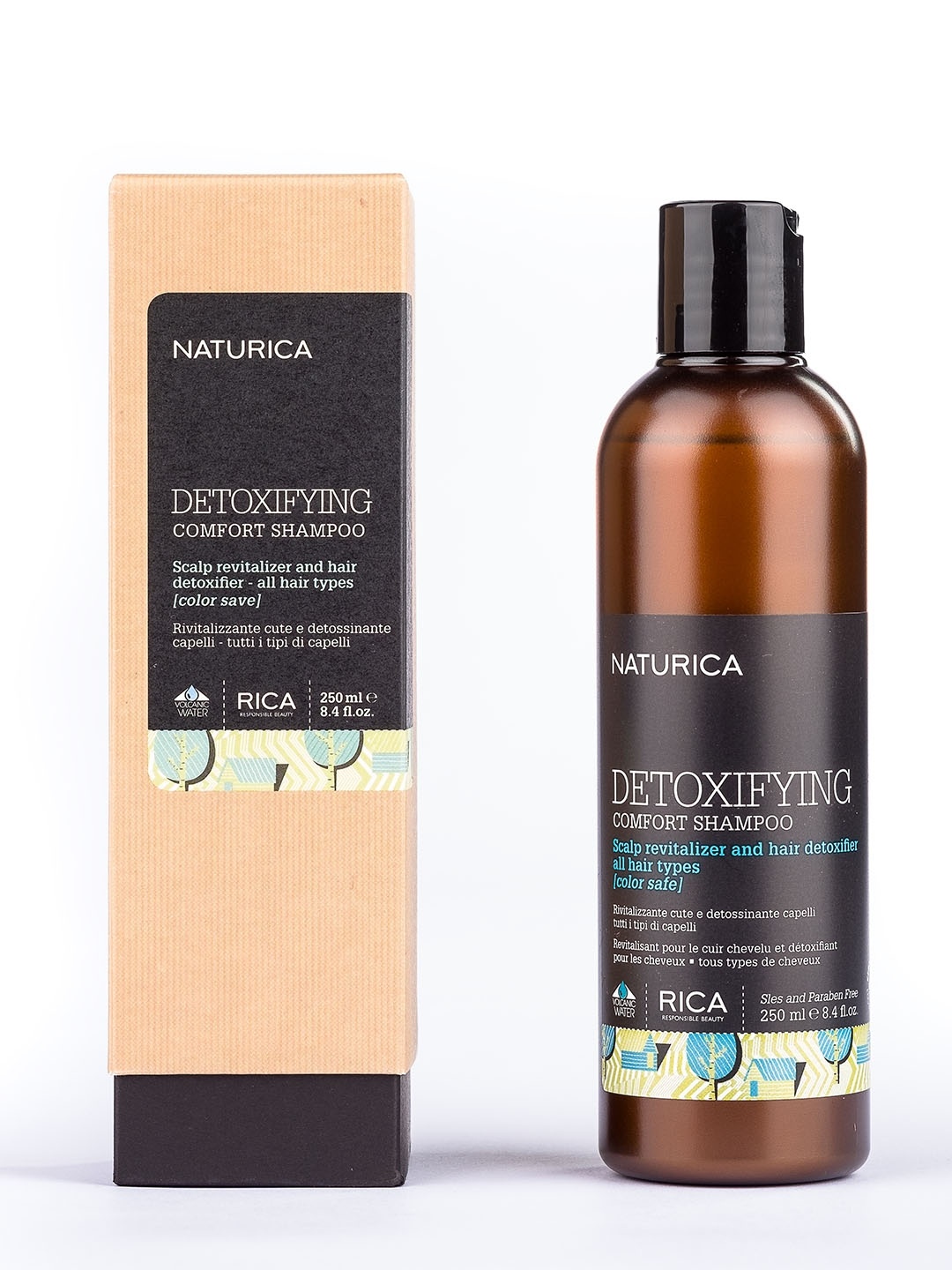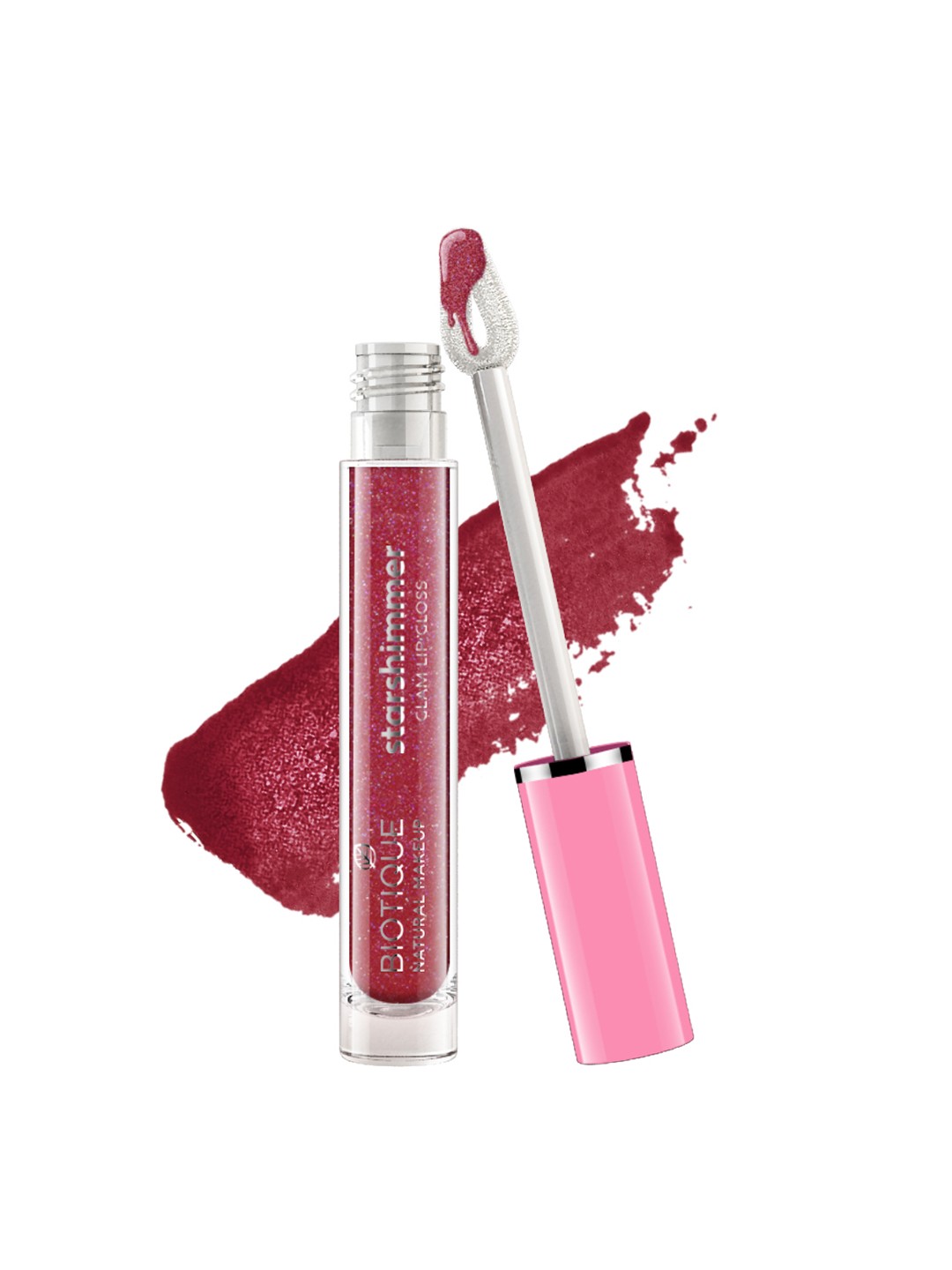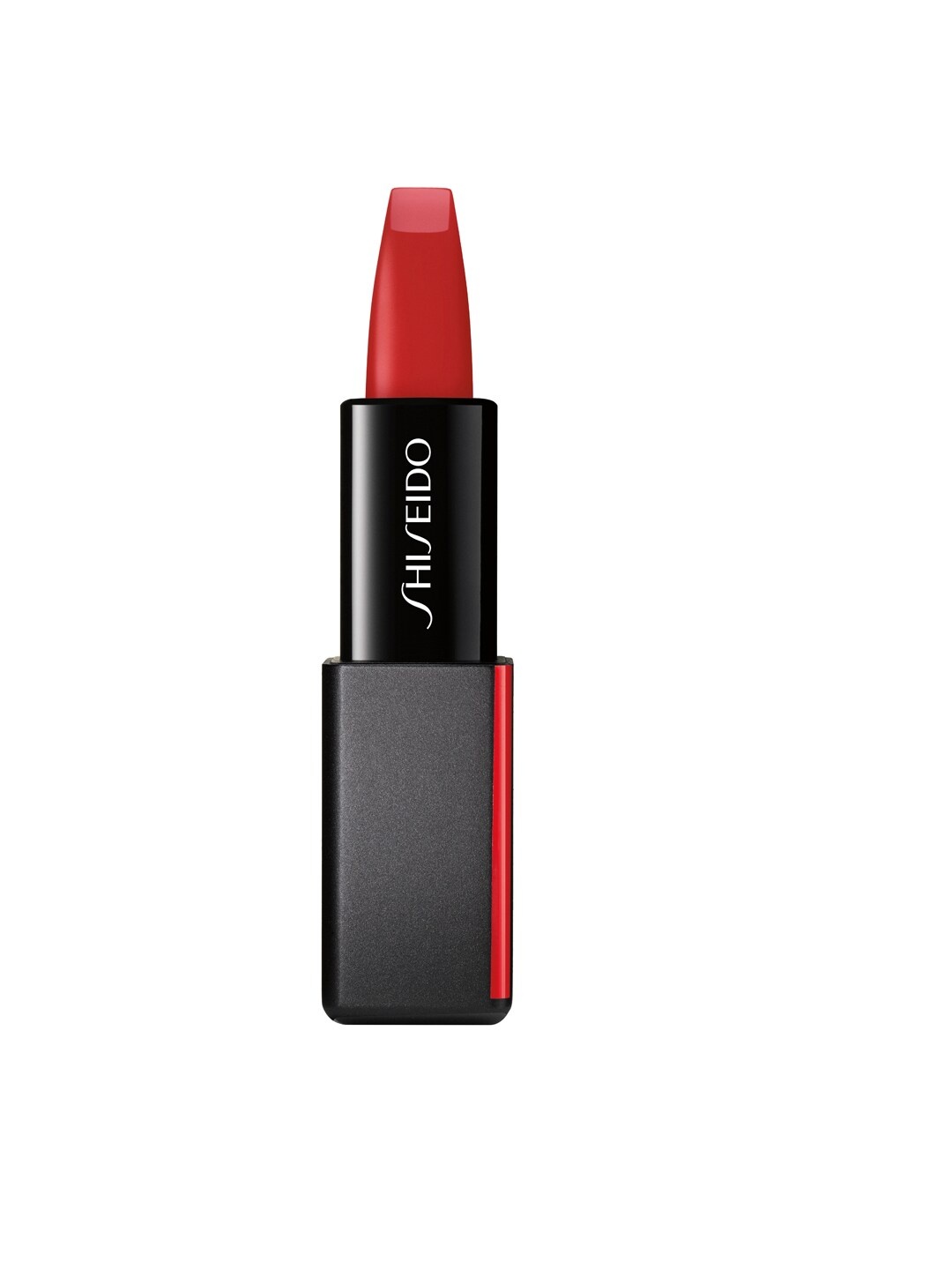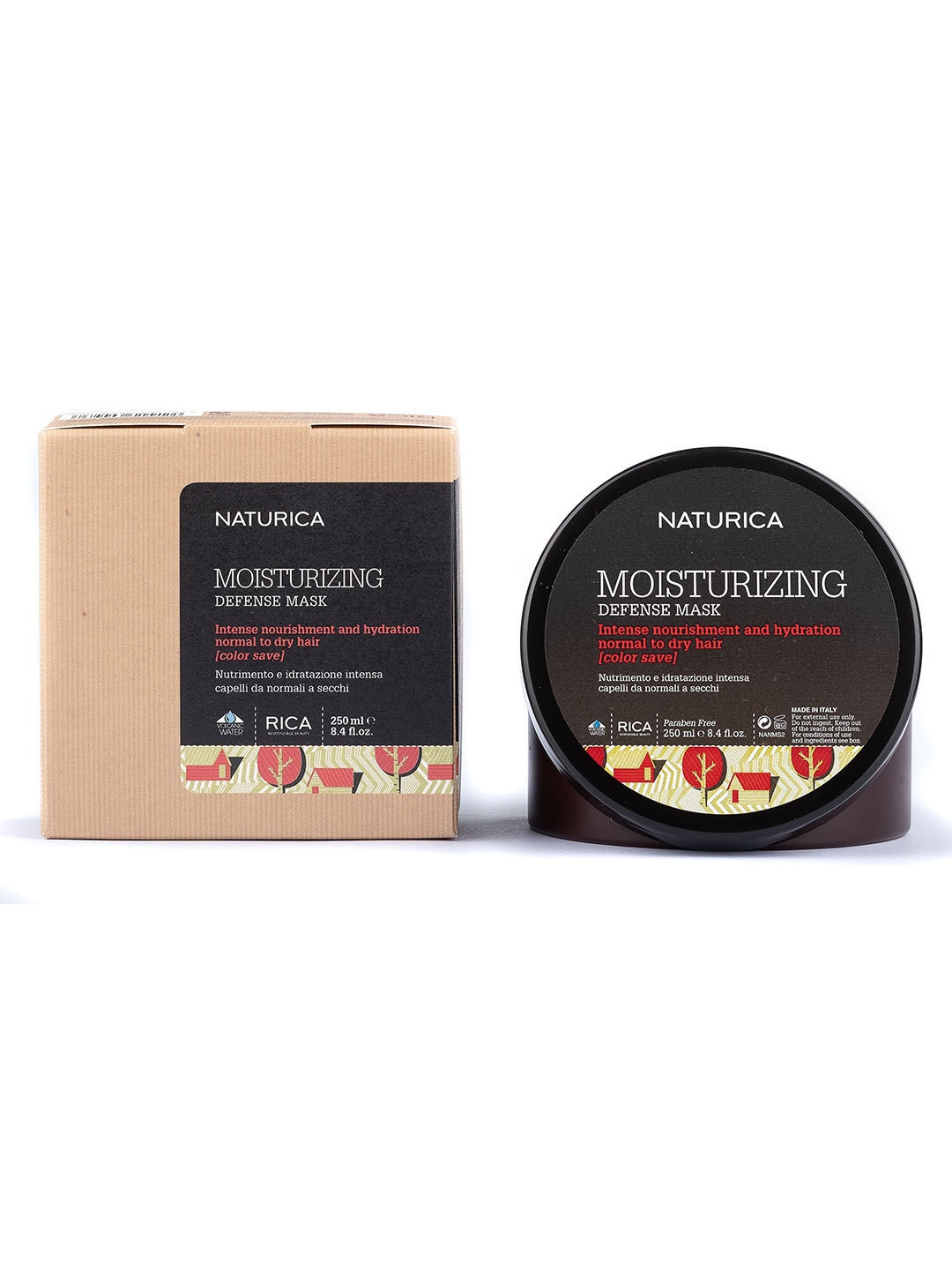Why Perfume Smells Different On Skin: The Science Behind Fragrance Chemistry
Perfume is more than just a spritz of fragrance; it is chemistry meeting personality. Perfume changes character depending on the canvas it meets. So, if you want to know why perfume smells different on skin, check out the intricate science and chemistry behind it.

Why Perfume Smells Different On Your Skin Vs The Bottle - The Science Behind It.
Walking into a perfume shop can feel like stepping into an orchestra of scents. Bottles lined up like jewels, each promising charm, sophistication, or nostalgia. A quick sniff on a tester strip may have you convinced that you've found 'the one. But then comes the surprise, the very same fragrance on your wrist seems altered. Sometimes it's better, sometimes it's confusing, and occasionally it's downright disappointing.
Why does this happen? Why does perfume smell different on your skin compared to when you smell it directly from the bottle or a paper strip? The answer lies in the science of skin, chemistry, and even a bit of psychology. So, if you want to know why perfume smells different on skin, check out the intricate science and chemistry behind it. Let's dive in and uncover the reasons behind this curious transformation.

Know The Reason Why The Unique Chemistry Of Your Skin Causes Every Fragrance To Change Over Time; Photo Credit: Pexels
The Role of Skin Chemistry
Skin is not just skin, it's a living, breathing surface layered with oils, moisture, and natural bacteria. When perfume touches it, a reaction begins. Oils in the skin can intensify or soften particular notes, sometimes highlighting a floral accord or muting the spicy undertones.
For someone with oily skin, a fragrance may feel warmer and stronger, almost as though the perfume has been given an amplifier. On drier skin, the same perfume might evaporate faster, leaving only faint traces behind. Even pH levels vary from person to person, and this tiny difference can make a fragrance smell sweet on one wrist but slightly bitter on another.
Think of it like cooking the same recipe in different kitchens, the ingredients may be identical, but the taste shifts depending on the water, heat, or utensils. Perfume works much the same way when blended with skin.
Body Temperature: The Invisible Influence
Perfume dances with heat. The warmth of the skin not only diffuses fragrance molecules into the air but also alters their order of appearance. A scent can feel sharper in cooler environments but warmer and richer on heated skin.
Take a hot day in Delhi, for instance. A citrus perfume may feel overwhelmingly strong at first, almost too sharp. But the same fragrance worn on a winter morning in Shimla could feel crisp, refreshing, and balanced. Body heat works like a conductor, deciding how quickly each note appears and fades.
This explains why the wrist and neck, pulse points, are recommended for application. These areas are warmer, helping perfume bloom more fully. But sometimes, the extra warmth can also push certain notes into overdrive, which explains why a once-subtle vanilla can suddenly feel overpowering.
Also Read: Upgrade Your Everyday Scent: This Sale Season, Shop Luxury Attars And Perfumes Under ₹1000 Only
Natural Skin Scent: Your Unique Signature
No two people smell the same, even without perfume. Every individual has a subtle, natural odour shaped by diet, lifestyle, and hormones. When perfume meets this natural scent, it doesn't sit in isolation, it blends.
Picture two friends buying the same bottle of perfume. On one, it might radiate elegance with soft floral notes. On the other, it might lean more musky, even earthy. Neither is wrong; it's just the natural scent profile of their skin acting like a hidden layer.
For example, someone who enjoys spicy food might find their fragrance leaning warmer, almost smoky. On another person with a lighter diet, the same scent could project more freshness. It's like two singers performing the same song, yet their voices create very different experiences.
Moisture Levels and Hydration
Perfume loves moisture. Well-hydrated skin tends to hold fragrance longer, allowing it to develop gradually. Dry skin, on the other hand, struggles to retain perfume molecules, often causing the scent to vanish too quickly.
This is why applying an unscented moisturiser before spritzing can work wonders. It creates a base layer, almost like priming a canvas before painting. With a little hydration, perfume has something to cling to, ensuring longevity and depth.
Think of it as a rainy day in Bengaluru versus a hot dry day in Rajasthan. The same fragrance will linger longer in moisture-rich air, while in dryness, it evaporates in a hurry. Skin behaves much the same way.

Know The Reason Why The Unique Chemistry Of Your Skin Causes Every Fragrance To Change Over Time; Photo Credit: Pexels
Perfume Concentration and Composition
Perfume is not one single smell, it's a symphony of top notes, heart notes, and base notes. The balance of oils, alcohol, and fixatives decides how the scent unfolds. When inhaled directly from the bottle, the first thing you catch is the alcohol evaporating with lighter top notes. But on the skin, the journey begins.
For example, an eau de toilette with light citrus notes might smell sparkling in the bottle, but on skin, the alcohol vanishes quickly, leaving behind a much subtler aroma. An eau de parfum with denser oils, however, will reveal deeper layers like amber, sandalwood, or vanilla as it mingles with skin.
This explains why a bottle in a store feels dramatically different from how it smells a few hours later on your wrist. The skin helps unlock hidden layers, much like how spices in a curry release their full flavour only after simmering.
Environmental Factors: Weather and Surroundings
Perfume does not exist in a vacuum, it reacts to the environment. Humidity, heat, and pollution can all influence the way fragrance blooms.
In a crowded metro ride, warm air and close contact can amplify perfume, making it feel stronger than intended. Meanwhile, in an air-conditioned office, the same perfume might feel more subdued, almost polite.
Even the air quality plays a role. In a city with heavy traffic and dust, fresh citrus or aquatic notes might struggle to stand out, while woody or spicy notes cut through more effectively. It's almost like perfumes choose their stage carefully, adapting to the setting they're in.
Application Technique: Less or More?
How perfume is applied matters just as much as which perfume is chosen. Spraying directly on pulse points intensifies diffusion, while spritzing lightly over clothes creates a more subtle aura. But rubbing wrists together, a common habit, can disrupt the fragrance journey by crushing delicate molecules.
There's also the matter of distance. Spraying too close can overload one spot, making it overpowering. A gentle mist from about six inches away ensures even distribution. Some even create a 'perfume cloud' and walk through it, playful, yes, but effective for lighter scents.
The right technique ensures the perfume reveals itself in layers rather than all at once. Like serving a meal course by course instead of piling everything onto one plate.

To Know Why Perfume Smells Different On Skin vs Bottle; Photo Credit: Pexels
Psychology and Memory of Smell
Perfume is not just chemistry; it's emotion. The way a fragrance is perceived can shift depending on mood, memory, or association. A floral note may remind someone of fresh marigold garlands at a wedding, while another might recall a favourite sweet shop.
This means even before the perfume has a chance to fully develop on skin, the brain is already colouring the experience. That's why the same scent might feel comforting one day and overwhelming the next.
Smell has a direct connection to memory, and this invisible link often changes how perfume feels once worn. Sometimes, the skin isn't altering the perfume, the mind is.
Fabric vs Skin: The Big Contrast
Perfume on fabric behaves differently than on skin. Clothes don't have oils, bacteria, or warmth, so the fragrance stays closer to its original bottle form. That's why a quick spray on a dupatta or shirt collar may last all day without much change.
On skin, the perfume evolves, shifting over hours as it blends with natural scent and heat. Some prefer this personalised touch, while others like the consistency of fabric. Both approaches have charm, though one is dynamic and intimate, the other steady and familiar.
This is also why testers on paper strips in shops often mislead; the strip behaves more like fabric than skin, giving only a partial preview of the fragrance's real story.
The Economics of Perfume: Getting Value for Money
Perfume is not a cheap indulgence. Good bottles can range from ₹3,000 to ₹15,000, and luxury brands even higher. With that kind of investment, knowing how it behaves on skin is essential. Buying purely on the bottle smell can be a costly mistake.
Sampling before purchase is key. Many stores offer small vials or allow testing on the wrist. Giving the fragrance a few hours to evolve is wiser than rushing into a purchase. After all, ₹10,000 spent on a bottle that feels 'wrong' at home is a far greater disappointment than waiting a day to decide.
In that sense, perfume is less about impulse and more about relationship-building, testing, waiting, then committing. A bit like courtship before marriage.
Products Related To This Article
1. Wild Stone Ultra Sensual-Eau de Parfum Eau de Parfum
2. BELLAVITA CEO MAN perfume & WHITE OUD perfume combo
3. FOGG Gift Set Pack of 4
4. Adilqadri Shanaya Perfume Arabic & French Blend
5. VOKKA Womania 100ml Perfume
6. BEARDO Godfather Perfume Eau de Parfum
7. Aqualogica Refresh + Cherry Blossom Bloom Perfume Body Mist with Zemea and Hyaluronic Acid Eau de Parfum
Perfume is not just a bottled scent; it's chemistry, art, and personality rolled into one. The way it transforms on skin compared to the bottle is not a flaw but its greatest beauty. Each wrist, neck, or collar tells a unique story, shaped by skin chemistry, heat, environment, and even memory.
The next time you buy perfume that smells different on the skin, think of it not as betrayal but as revelation. It's showing what it becomes when it meets you. In a world where everything seeks uniformity, perfume stands out as deeply personal, never quite the same on two people, yet always meaningful to the one who wears it.
Disclaimer: The images used in this article are for illustration purpose only. They may not be an exact representation of the products, categories and brands listed in this article.












